So Much More than Speech: Using the No-Leak Valve to Improve the Management of Patients with Tracheostomies and Mechanical Ventilation
Presented LIVE by Passy Muir
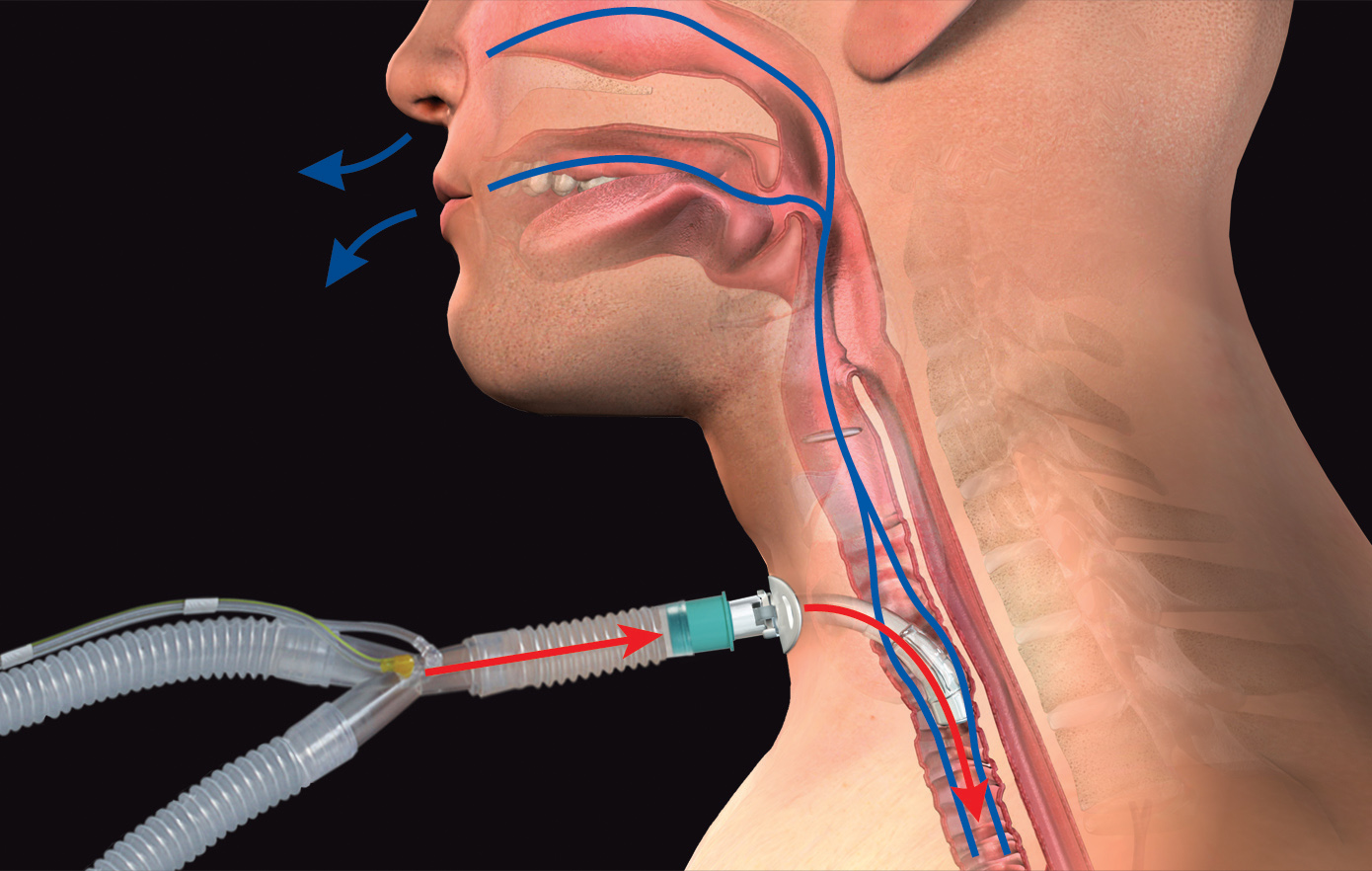
Multidisciplinary – Open to SLPs, RTs, nursing, and any healthcare professional who works with this patient population
Location:
This is a live, virtual course. It will be presented online.
Featuring:
Kristin King, PhD, CCC-SLP
Carmin Bartow, MS, CCC-SLP
Tiffany Oakes, MS, CCC-SLP
Rachel O’Hare, RRT
Dates:
Day One: May 4, 10:30 AM – 5:00 PM EDT
Day Two: May 5, 10:30 AM – 4:00 PM EDT
Contact hours:
10 LIVE contact hours and up to 10 recorded hours
Overview
Promoting a multidisciplinary approach, this seminar provides the steps and strategies for assessing use of the no-leak bias-closed position Valve on mechanical ventilation and for patients off the ventilator. Techniques for improving communication, swallowing, and secretion management; restoring pressures and voicing; and enhancing quality of life will be provided, addressing assessment and placement criteria for Valve use.
This seminar offers 10 hours of live, interactive learning and is presented over two days.
- Day one (May 4): 5.5 LIVE hours: fundamentals of assessment for Valve use, including non-ventilator and the basics of ventilator application. Dysphagia (bedside swallow assessments), teamwork, and ethical considerations also reviewed. Live Q&As, demonstrations, and networking.
- Day two (May 5): 4.5 LIVE hours: advanced considerations for in-line use of a speaking Valve with mechanical ventilation and best practice for alarm management and troubleshooting. Advanced dysphagia management (instrumental assessments) and potential impacts on mobility, infection control, and weaning. Taught through case studies. Live Q&As, demonstrations, and networking.
This unique, virtual seminar enhances learning of both fundamental and advanced techniques, providing basic review and fundamental knowledge for working with patients with tracheostomies on day one to advanced dysphagia and advanced ventilator application, presented through case studies, on day two. Attendees will learn through didactic methods, breakout sessions with interactive training, patient videos and case studies, and panel discussions.
Content from Days One and Two will be available in a recorded format, May 6th through May 31st only.
Speakers
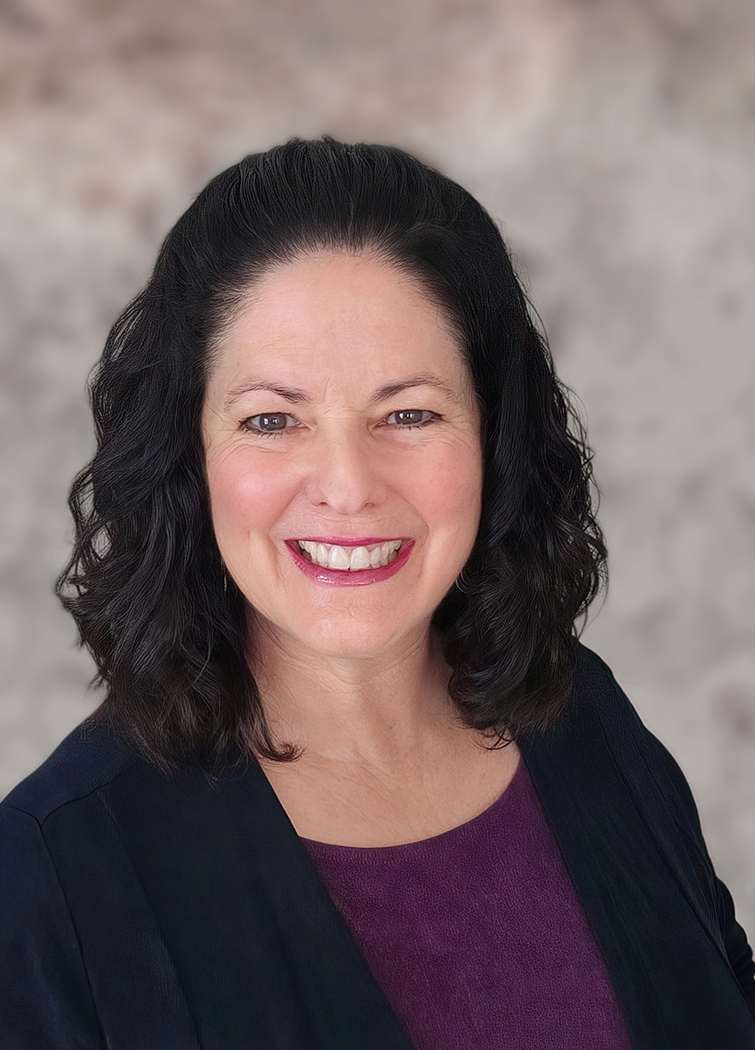
Kristin King, PhD, CCC-SLP
With over 25 years of experience in medical, academic, and industry settings, Dr. King brings a unique perspective to medical speech-language pathology. With a focus on neurological disease processes, her research and teachings have investigated traumatic brain injury, swallowing disorders, and aspects of critical care (tracheostomy and mechanical ventilation). She regularly speaks both domestically and internationally and publishes in peer-reviewed and clinical journals. She also has acted as an expert witness.
Disclosure:
Financial – Dr. King is an employee of Passy Muir Inc.
Nonfinancial – Dr. King has no non-financial disclosures to disclose.
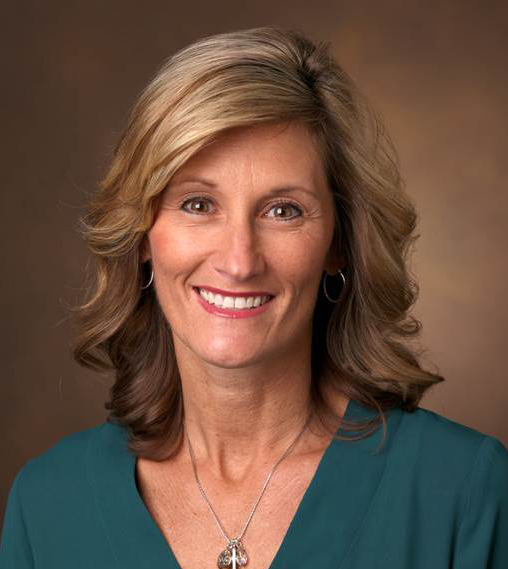
Carmin Bartow, MS, CCC-SLP
Carmin Bartow is a speech-language pathologist who has over 20 years of experience working with medically complex patients in a variety of settings. She is Board Certified in Swallowing and Swallowing Disorders and is a Certified Endoscopist in the state of Tennessee. She has specialized in dysphagia intervention, assessment and treatment of patients with tracheostomy and mechanical ventilation, and in communication and swallowing intervention for patients with head and neck cancer. Carmin was instrumental in the development and success of the Vanderbilt University Medical Center Tracheostomy Team and in the Medical Speech Pathology: Best Practices annual conference. Additionally, she taught the Dysphagia course as an adjunct instructor at Tennessee State University. She has authored and co-authored multiple peer-reviewed papers and presentations on dysphagia, head and neck cancer, tracheostomy and mechanical ventilation, and multidisciplinary tracheostomy teams. Carmin is currently a full-time clinical specialist for Passy Muir.
Disclosure:
Financial – Carmin Bartow is an employee of Passy Muir Inc.
Nonfinancial – Carmin Bartow has no non-financial disclosures to disclose.
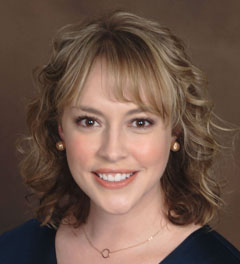
Tiffany Oakes, MS, CCC-SLP
Tiffany graduated with a Master’s in Speech-Language Pathology from the University of Tennessee Health Science Center in 2012. She has been a medical SLP in various settings from acute care to home health, treating both the adult and medically complex pediatric populations. Tiffany has experience developing patient care pathways to guide assessment and treatment selection for patients in home health, at both the state and national level. She has participated in research related to patients with TBI and sports concussions, and she has experience with research analysis and writing white papers. She is a volunteer for Remote Area Medical (RAM), assisting with medical services. She also participates in the development of multimedia education related to healthcare and clinical practice.
Disclosure:
Financial – Tiffany Oakes is an employee of Passy Muir Inc.
Nonfinancial – Tiffany Oakes has no non-financial disclosures to disclose.
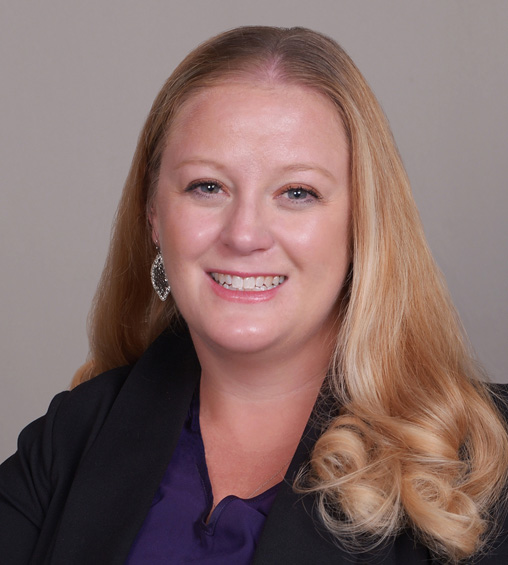
Rachel O’Hare, RRT
Rachel O’Hare started her respiratory therapy career in the United States Army Reserves where she served 13 years and did one tour in support of Operation Enduring Freedom. After returning home, she began working as a traveler and has worked in hospitals across the United States, including Alaska and Hawaii. She has a very broad knowledge in respiratory care and has worked in all patient care areas, including Adult ICU, Pediatric ICU, and Neonatal ICU. She also has worked in a pulmonary function lab in addition to long-term care. In 2018, Rachel began to pursue her passion of teaching, advancing her career away from the bedside into becoming a clinical educator for critical care ventilation products. She spent the last few years working as a regional clinical educator, providing clinical education and support for all of Northern California before joining the Passy Muir clinical team in 2022.
Disclosure:
Financial – Rachel O’Hare is an employee of Passy Muir Inc.
Nonfinancial – Rachel O’Hare has no non-financial disclosures to disclose.
Agenda
Agenda |
|
| May 4 10:30 – 10:45 am ET |
Welcome and review of the agenda/plan for the day |
| May 4 10:45am – 11:45 am ET |
Assessment, Placement, and Troubleshooting – Non-Vent Contact Hours: 60 min Teaching Strategies: Lecture with Q &A Content Area: Clinical Practice Learning outcomes: 1. Discuss the steps to airway patency assessment and Valve placement. 2. List troubleshooting considerations and how to improve patient use. |
| May 4 12:00 – 12:30 pm ET |
Cuff Management Contact Hours: 30 min Teaching Strategies: Demonstrations and Q & A Content Area: Clinical Practice Learning outcome: 1. Demonstrate two methods of proper cuff inflation and deflation techniques. |
| May 4 12:00 – 12:30 pm ET |
Valve Selection Contact Hours: 30 min Teaching Strategies: Demonstrations and Q & A Content Area: Clinical Practice Learning outcome: 1. List two ways the Valves are the same and different. |
| May 4 12:30 – 1:00 pm ET |
Clinicians Corner: Chat with Clinicians Open Q&A time with clinicians |
| May 4 1:00 – 2:00 pm ET |
Fundamentals of Dysphagia Intervention Contact Hours: 60 min Teaching Strategies: Lecture with Q & A and case studies Content Area: Clinical Practice Learning outcomes: 1. List assessment and treatment considerations when using a no-leak speaking valve during dysphagia management. 2. State the role and importance of upper airway airflow and subglottic pressure for swallowing function. |
| May 4 2:00 -2:30 pm ET |
Break Out Session – Basics of PMV Application and Dysphagia Q&A Contact Hours: 30 min Teaching Strategies: Demonstration with Q & A Content Area: Clinical Practice Learning outcomes: 1. List two considerations for Valve placement in-line with mechanical ventilation 2. Describe steps to resolving troubleshooting issues. |
| May 4 2:45 – 3:45 pm ET |
Ethics and Importance of Teamwork Contact Hours: 60 min Teaching Strategies: Panel discussion with case studies Content Area: Clinical Practice Learning outcomes: 1. Describe two ethical considerations to the evaluation and treatment of patients with tracheostomies 2. List members of a tracheostomy team and the benefits to team management and rounding |
| May 4 3:45 – 4:45 pm ET |
Patient Assessment and Placement– Basic Ventilator Application Contact Hours: 60 min Teaching Strategies: Lecture with Q & A and case studies Content Area: Clinical Practice Learning outcomes: 1. Discuss patient selection criteria, including airway assessment and ventilator parameters 2. List the steps for successful placement of a no-leak Valve in-line with mechanical ventilation |
| May 4 4:45 – 5:00 pm ET |
Summary Discussion and Adjournment |
| May 5 10:30 – 10:45 am ET |
Welcome and Review of Agenda |
| May 5 10:45 am – 11:45 am ET |
Advanced Dysphagia Management Contact Hours: 60 min Teaching Strategies: Lecture and Q & A with case studies Content Area: Clinical Practice Learning outcomes: 1. Describe dysphagia assessment considerations with in-line use of the Valve 2. List treatment options and considerations for both in-line mechanical ventilation and non-vent Valve use |
| May 5 11:45 – 12:45 pm ET |
Advanced Dysphagia Contact Hours: 60 min Teaching Strategies: Lecture and Q & A with case studies Content Area: Clinical Practice Learning outcomes: 1. Ask your questions about instrumental assessment with patients receiving mechanical ventilation. |
| May 5 12:15 – 12:45 pm ET |
Clinician’s Corner Chat with clinicians and ask your questions |
| May 5 12:45 – 1:45 pm ET |
Ventilator Management and Troubleshooting – Advanced Ventilator Application Contact Hours: 60 min Teaching Strategies: Panel Discussion with simulations Content Area: Clinical Practice Learning outcomes: 1. Describe considerations for ventilator management, including PEEP and alarm management. 2. Discuss potential troubleshooting considerations. |
| May 5 1:45 – 2:15 pm ET |
Advanced Vent Q&A Contact Hours: 30 min Teaching Strategies: Demonstration with Q & A Content Area: Clinical Practice Learning outcomes: 1. Answering questions about ventilator and alarm management, including troubleshooting patient case examples. |
| May 5 2:45 – 3:45 pm ET |
Early Intervention, Case Studies, and Troubleshooting Contact Hours: 60 min Teaching Strategies: Panel Discussion with simulations Content Area: Clinical Practice Learning outcomes: 1. List three benefits to early intervention. 2. Identify and provide the solution for two presented scenarios as it relates to troubleshooting with Valve use. |
| May 5 3:45 – 4:00 pm ET |
Summary discussion and CEU information |
CEU Information
Continuing education credit offered for RTs, SLPs, and RNs. All others will receive a Certificate of Attendance.
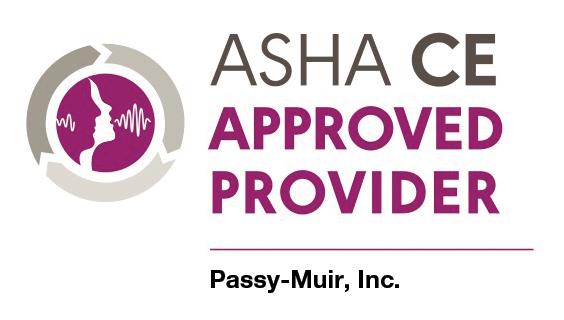
Day 2 Live Instruction is offered for 0.45 ASHA CEUs, Intermediate levelDay 1 Recorded is offered for 0.5 ASHA CEUs, Intermediate level
Day 2 Recorded is offered for 0.4 ASHA CEUs, Intermediate level
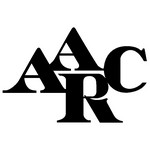
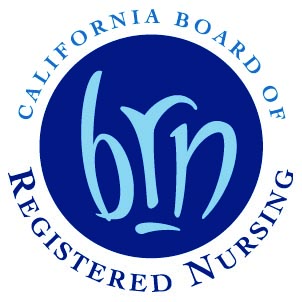
Registration / Cost
Space is limited and registrations will be accepted in the order received.
Regular Registration: $199.00 Register Here
Student Registration: Please contact kking@passymuir.com for information.
Print outs: Handouts will be emailed by May 1st to registered participants only and are included in the cost of the seminar. If you have not received an email by midnight May 1st, please contact seminars@passymuir.com.
Assistance: All participants in Passy-Muir, Inc. Continuing Education Courses are entitled to an accessible, accommodating, and supportive teaching and learning environment. Please inform us of any specific needs so that we may assist you.
Recordings
This seminar offers a unique opportunity to earn additional recorded continuing education credits and to enhance your learning. In preparation for the seminar, we have a one-hour pre-requisite webinar available to provide a foundational review to enhance your experience with the seminar. This pre-requisite webinar will be available starting on April 15th and will remain available through May 31st. The link for this webinar will be emailed to registered attendees beginning April 17th.
- PRE-REQUISITE: Fundamentals: From Tracheostomy Tubes to Mechanical Ventilation Terminology (.1 ASHA CEUs; 1 CRCE; 1 contact hour)
Unique to this seminar, you will have the opportunity to participate in the seminar live, watch recordings, or do a mix of live and recorded segments. The seminar is divided into two days. We will have two ½ day recordings (segments) available from May 6th through May 31st . These segments will provide an opportunity to earn up to nine hours of recorded continuing education hours. These segments will be:
- More than Speech: Improving the Management of Patients with Tracheostomies and Mechanical Ventilation – Day One (.5 ASHA CEUs; 5 CRCE; 5 contact hours)
- More than Speech: Improving the Management of Patients with Tracheostomies and Mechanical Ventilation – Day Two (.4 ASHA CEUs; 4 CRCE; 4 contact hour)
You must complete the ½ day and pass a quiz with 80% to get credit for the recordings. There will not be any partial credit for a segment. You could earn the following total for the seminar:
- One pre-requisite webinar – 1 hour
- LIVE – 5.5 hours for day one and 4.5 hours for day two
- RECORDED – 5 hours for day one and 4 hours for day two
You may complete day one live and day two recorded or any combination, including completing all live and recorded segments. If you complete all options (1 – 3 above), then you will have completed 20 hours of continuing education total.









